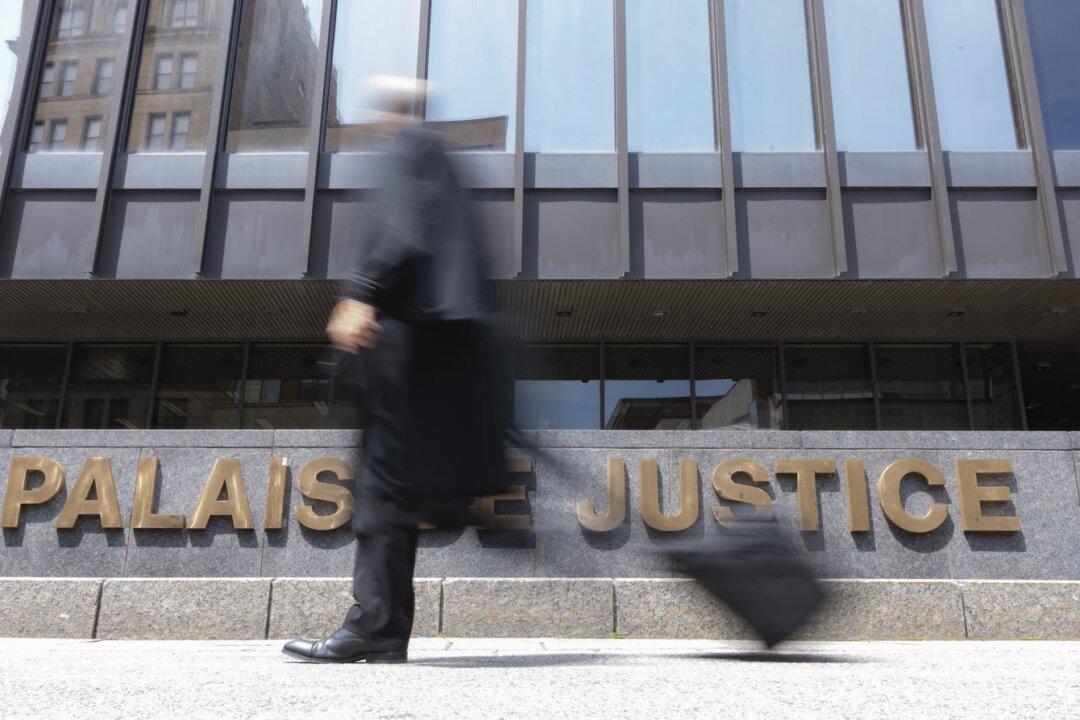A Quebec court judge will decide whether the province’s new language reform is constitutional because a section of the law systematically delays the delivery of verdicts handed down in English.
Judge Dennis Galiatsatos raised the question on his own initiative while overseeing a case involving a woman charged with criminal negligence causing the death of a cyclist.





